The Ancestry of Astrology
Astrology can be found back in ancient times when civilizations looked into the stars to predict what would happen on the earth. One of the first documented evidence of astrology is in Mesopotamia where the Babylonians invented the first organised structure of heavenly observations.The Babylonian background (c. 2000 BCE)
The oldest ancient astrologers may be considered Babylonians. They also thought that events involving heavens like the movement of planets and eclipses were related to the human affairs as well as disasters. As early as 600 BCE they had already developed the first horoscope system whereby they made decisions concerning the future of kings and empires based on the stars. It considered the separation of the sky into 12 equal sections, which we presently call the signs of the zodiac, and this is one of the most major contributions of Babylonians. This idea would later on be taken up by Greeks and spread world over.Ancient Egyptian Influence (around 1500 BCE)
Egyptians also contributed in the development of astrology; their knowledge in the stars enabled them to create a calendar that was astronomically based. An early type of astrological clocks were the Egyptian decan stars, sets of stars that arose at certain times in the year. Egyptian priests facilitated that fusion of Babylonian astrology and the Greek concepts and created the astrology we know nowadays.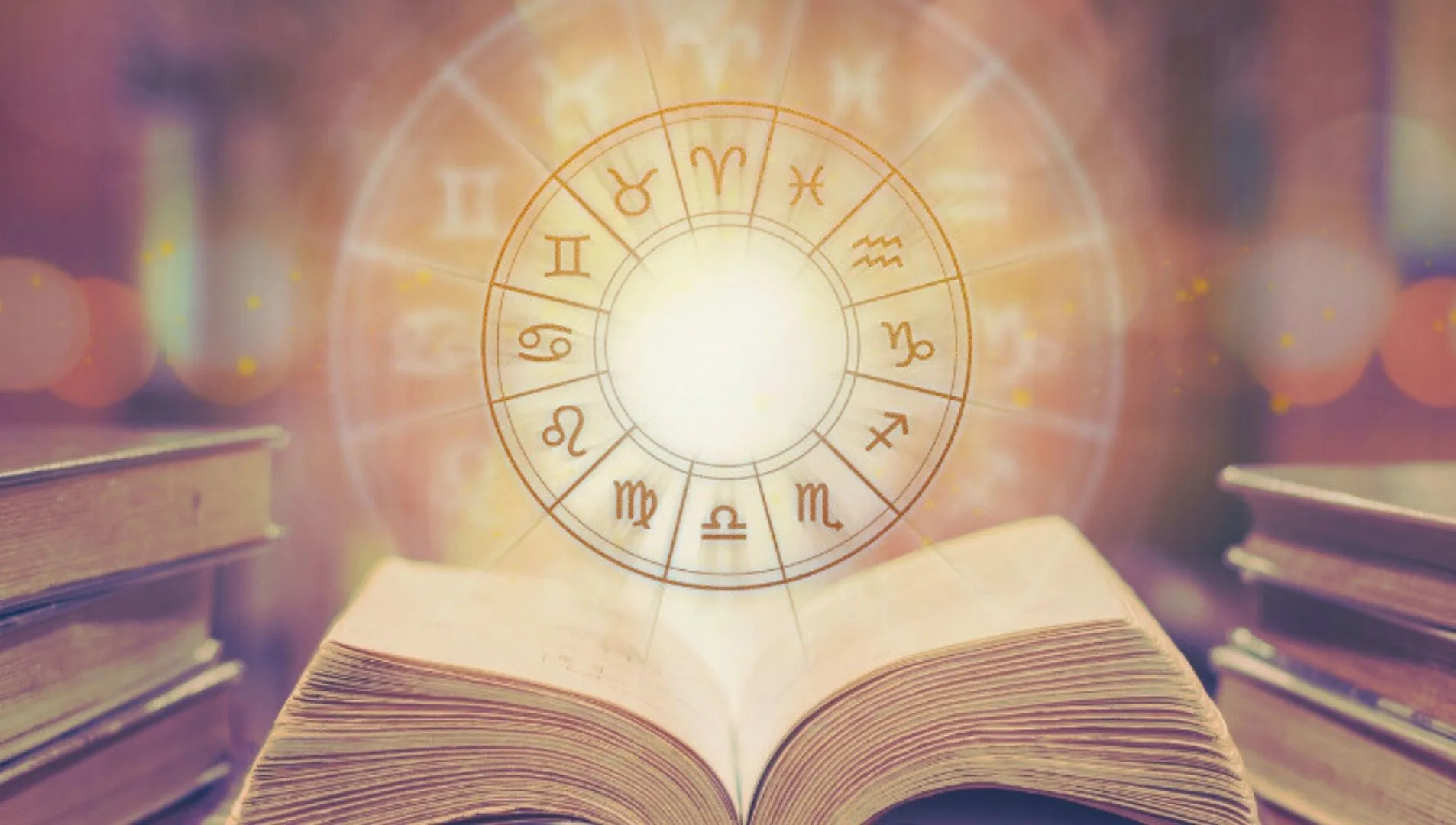
Who invented Astrology
The currently known form of astrology is the result of thousands of years of shaping by several cultures. Greek philosophers and scholars contributed significantly to the refinement and development of the astrological knowledge especially since the Babylonians were the first to come up with a system.The Greek Contributions (c. 400 BCE 100 CE)
The Greek philosophers developed interest in astrology but attempted to rationalize it. They related the movements in the sky to the personality and destiny of people, which resulted in individual horoscopes. Among the most notable contributors to advancement of astrology is Claudius Ptolemy, who was a Greek Egyptian and author of the Tetrabiblos which became one of the most well known books on astrology ever written. Ptolemy assisted in setting up the zodiac and planetary affects which are applied presently.Roman Expansion and Popularization (100 BCE 400 CE)
Roman people embraced and popularized astrology across their empire so that it became a norm in everyday routine. Personal astrologers were common among Roman emperors where astrologers would help the emperor in issues such as war, politics, or leadership. The Romans, as well, associated astrology with mythology which made it more rooted in the culture.What was the time astrology began to impact religion and philosophy
Astrology was applied in many ancient religions. Although in modern science astrology is not connected with religion, in ancient times there was a tendency to confuse these two notions.Was astrology developed in Greece or India
In Greece, and in India, astrology evolved separately, but the two systems ultimately began to affect one another. Vedic astrology, known in some quarters as Jyotish, began Indian astrology over 3,000 years ago and is to date one of the oldest forms of astrology. Greek astrology reached India by cultural interaction, which merged with Hindu religious customs. The Indian and the Western system are closely aligned except that their calculations and the effects of the planets are different.Which Religion Began Astrology
Astrology is not itself, linked to any particular religion, though in the ancient world it was also strongly linked to pagan and polytheistic ideas. The early astrologers tended to view the planets as deities and astrology was practiced in accordance with religious acts. Astrology was controversial during the period of promotion of monotheistic religions, such as Christianity and Islam. Religious leaders regarded some as attacking the divine will viewed others as making use of God creation.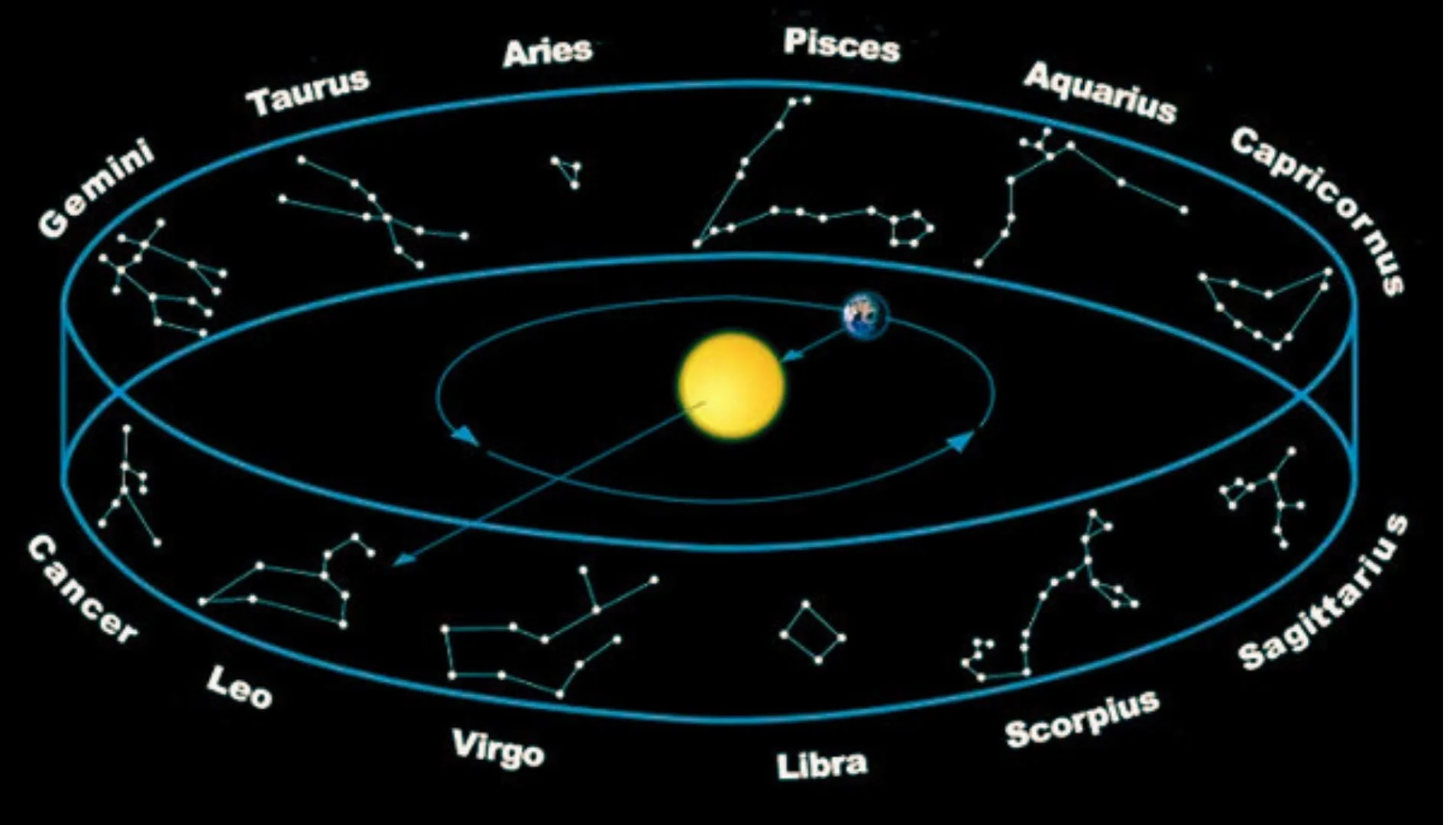
How did astrology evolve in the Renaissance
It was during the Renaissance (14th – 17th century) that astrology rose again. With the dawn of a culture and scientific enlightenment came new theories of astrology and also having to debate astrology and the burgeoning discoveries of science. Historically, astrology was a compulsory university topic in Europe, which was studied together with astronomy, and medicine. Even prominent scholars like Galileo Galilei and Johannes Kepler were enjoying astrology when they were carrying out their revolutionary scientific observations. Nevertheless, with improving knowledge and the development of modern science, the discipline of astrology slowly lost contact with astronomy, which contributed to the fall in status of the science.What Is The Origin Of Star Signs
The use of zodiac signs has been developed by the Babylonians but the meaning has varied over the years. The existence of the twelve zodiac signs is founded on constellations that the Sun seems to traverse through in various periods of the year.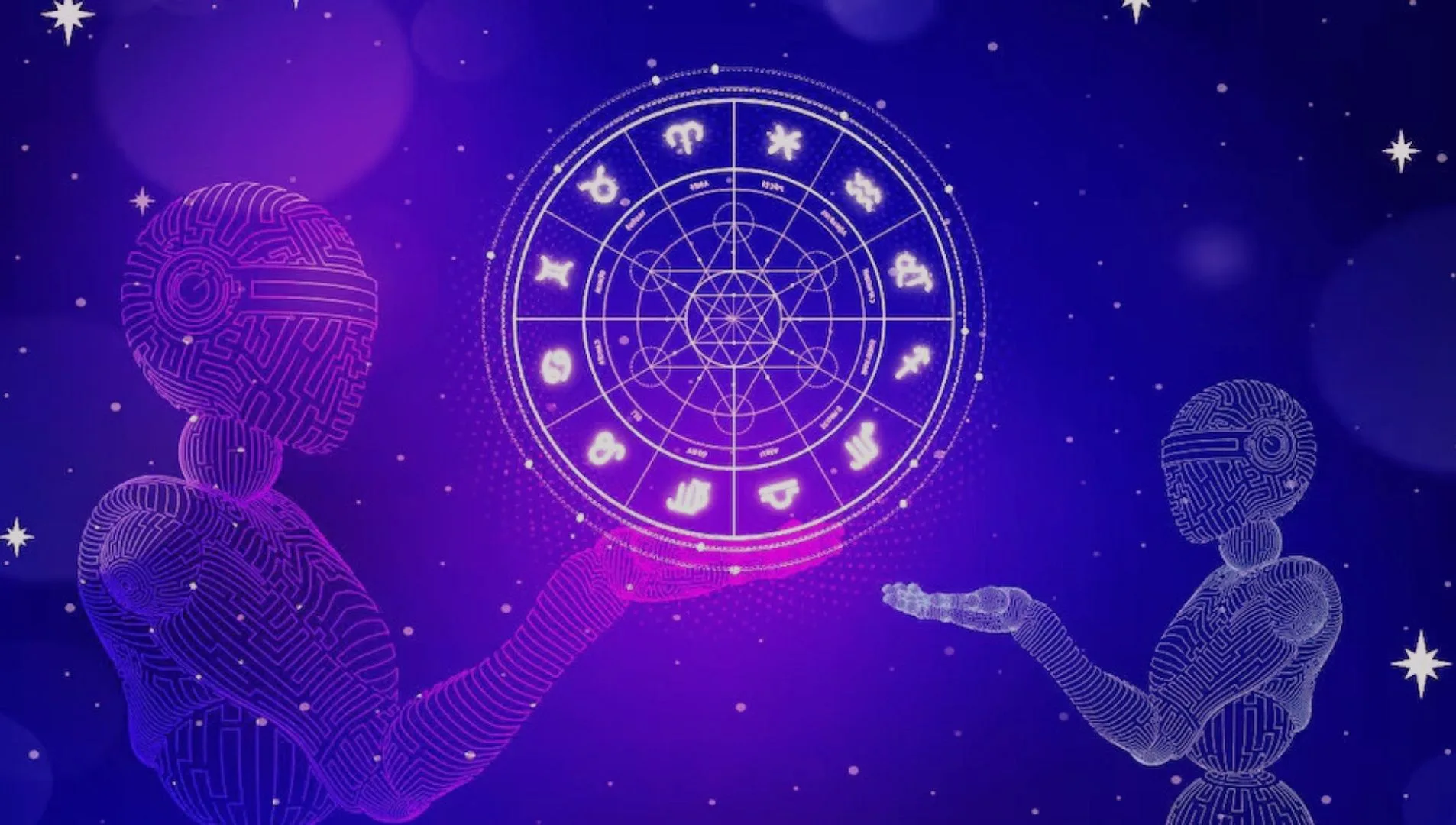
Who created the Zodiac Signs
First used were twelve signs to divide the sky by the Babylonians. However, Greeks gave the signs of the zodiac names of mythic beasts and established an association with similar human traits. The current system, in which every sign has its personality dimensions attributed to it, was mostly influenced by Greek and Roman astrological perceptions.Stardust or Star Signs
The question about the existence of the zodiac signs is one of the largest controversies about the field of astrology. This question is based on what you define astrology as. Scientifically, the use of star signs in affecting personality or destiny cannot be fully demonstrated. According to psychological research, individuals might have an unconscious tendency of identifying with their descriptions of star signs because of a psychological phenomenon known as Barnum Effect – where ambiguity makes such statements appear personal and relevant. Nevertheless, astrology has cultural relevance with millions of individuals worldwide believing and adhering to this culture as a medium of reflection, spiritual practice or entertainment. Whether scientifically it exists or not, astrology influences beliefs, identity and decisions of people.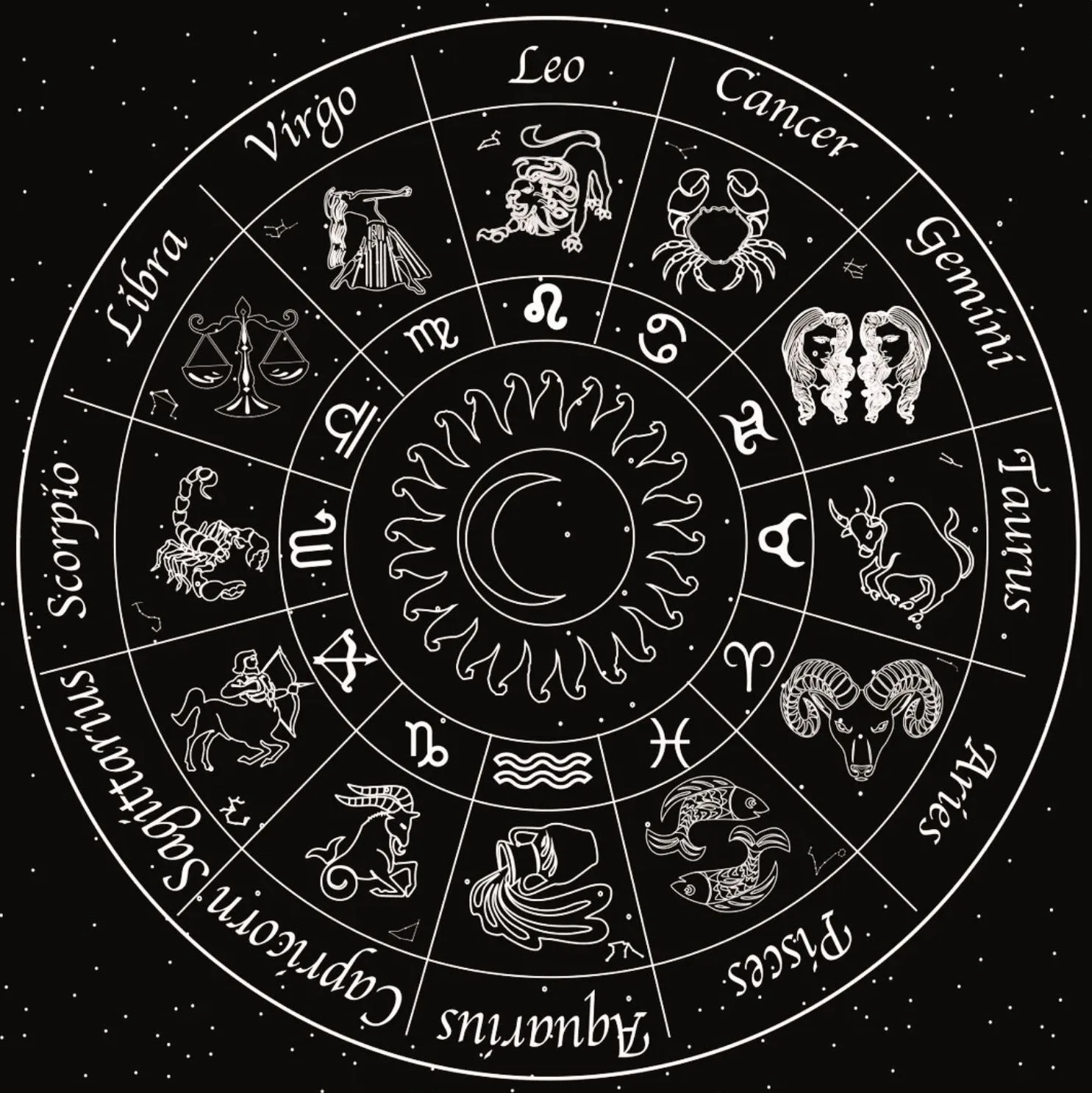
What are the ancient zodiac signs
Historically, there are multiple variations of zodiac with certain signs lost or replaced throughout the history of existence. The Ancient Babylonian Zodiac – This zodiac constellation had 17 or 18 constellations rather than the 12 we now know. Some of them were then combined as components of huge zodiacs. Ophiuchus Controversy Astronomers who reject the expansion of the zodiac to 13 constellations argue that the 13th constellation, Ophiuchus ought to be added since the Sun transits through it. But 12-sign astrology remains popular in contemporary times. Medieval readjustments the zodiac calendar was corrected by the astrologers over time, with the actual dates being changed according to the seasons. It is not enshrined that although the elements of old zodiac signs have been updated, the overall idea of the twelve zodiac signs has stagnated over the ages.The Various Cultures of Astrology
Even though western astrology is well recognized, other cultures also have their own astrological beliefs, some of which is still very famous up to this date.The Vedic Astrology (Indian Astrology)
- Astro-One of the most ancient, and the most complicated systems of astrology.
- Employs a sidereal zodiac instead of tropical zodiac common in western astrology.
- Encompasses the ideas of karma and the past-life influences.
Chinese Astrology
- Chinese Astrology revolves around a moon lunar year that has 12 years and each year is followed by an animal sign.
- Consists of such things like Wood, Fire, Earth, Metal, and Water that interact with one sign.
- Less preoccupied with traits of personality and more oriented towards cycles and destiny.
Mayan Astrology
- Invented by Mayan civilization, which is a 260-day calendar (Tzolkin).
- Individuals are likewise given a day sign which has an effect on their personality and direction of life.
- Very mathematical, and based on solar and lunar reckoning.
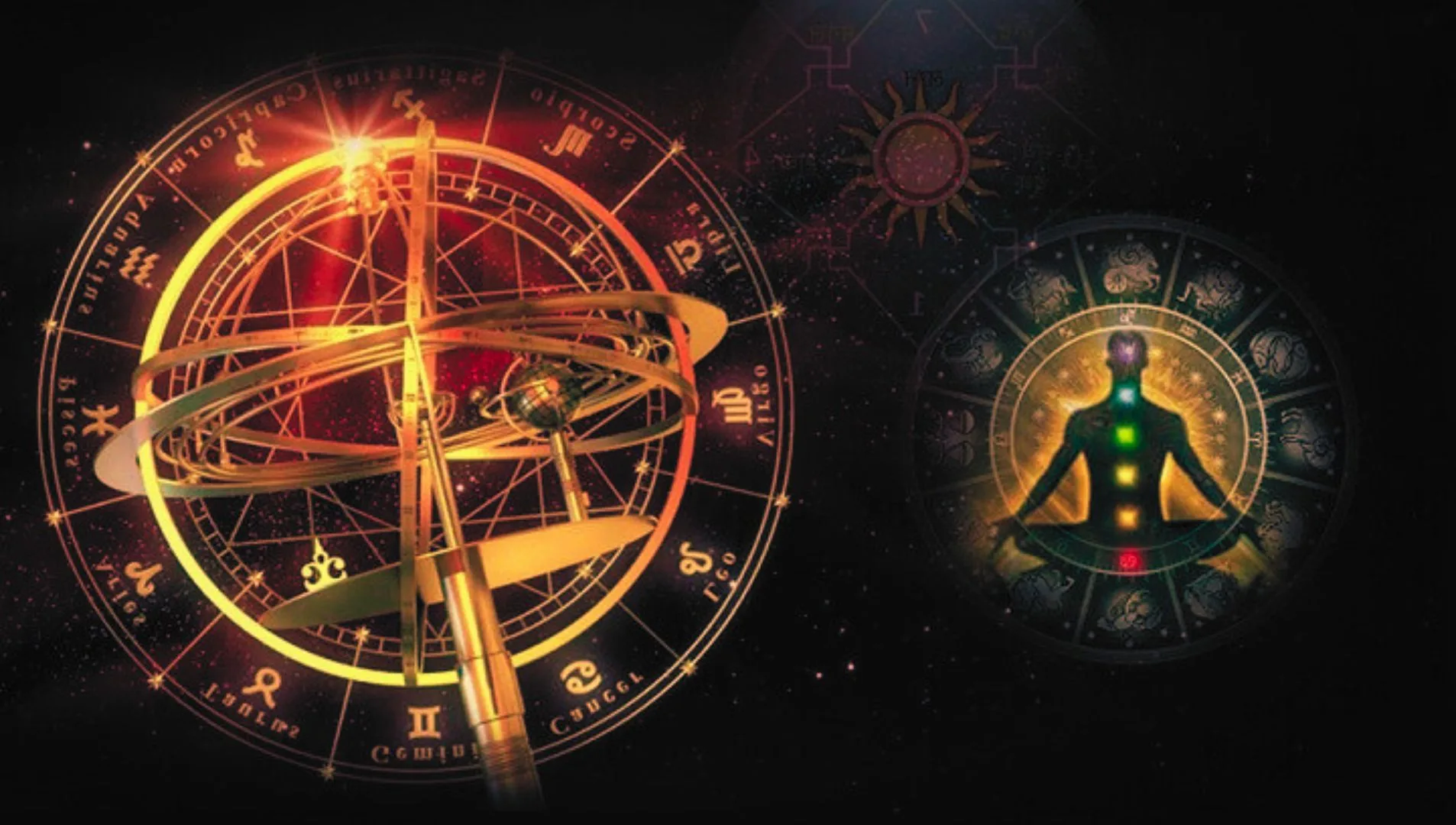
What impact did Astrology have in Medicine and Science
In Ancient times Astrology used to go beyond personal horoscopes, it was firmly connected to medicine, science and philosophy. It was a common belief among many physicians that positions of stars and planets had an impact on the health of human beings and even healing methods could have been determined through the astrological charts. The astrological charts were relied upon by the doctors in the Middle Ages and Renaissance, when planning medical operations, giving birth, and even bleeding. Others thought there was some control in various body parts governed by distinct zodiac signs that gave an origin to the medical astrologist. Modern science however led to the timely detachment of astrology and medicine. However, today, astrology is not considered as a proven science anymore, however its historic contribution in the field of medicine is still popular under the academic learnings.The Reason Astrology Lost Its Status in Science
Astrology was at one point a valid field of study and was taught and studied with astronomy and other parts of mathematics. But its demise as a science occurred as a result of a small number of important developments:- The Scientific Revolution (16th -18th Century): During the advancement in scientific knowledge, academics developed a bias towards evidence-based research rather than mystical explanations. Astronomers like Galileo Galilei and Johannes Kepler contributed a great share to our knowledge of the solar system, and undermined the conventional astrological views.
- Newton Laws of Motion (17th Century): Sir Isaac Newton discoveries in terms of gravity and the movements of different planets offered a scientific interpretation as to the movement of the planets, downplaying the issue of planets having mystic powers and thus the impact on the lives of human beings.
- The Rise of Rationalism (18th-19th Century): The Age of Enlightenment encouraged logic and the use of empirical evidence, and helped move astrology farther into fringe science. By the 19th and 20th centuries, astrology has evolved into more of a religious culture than a science. Even after astrology lost its status as science, it was still popular in the world.
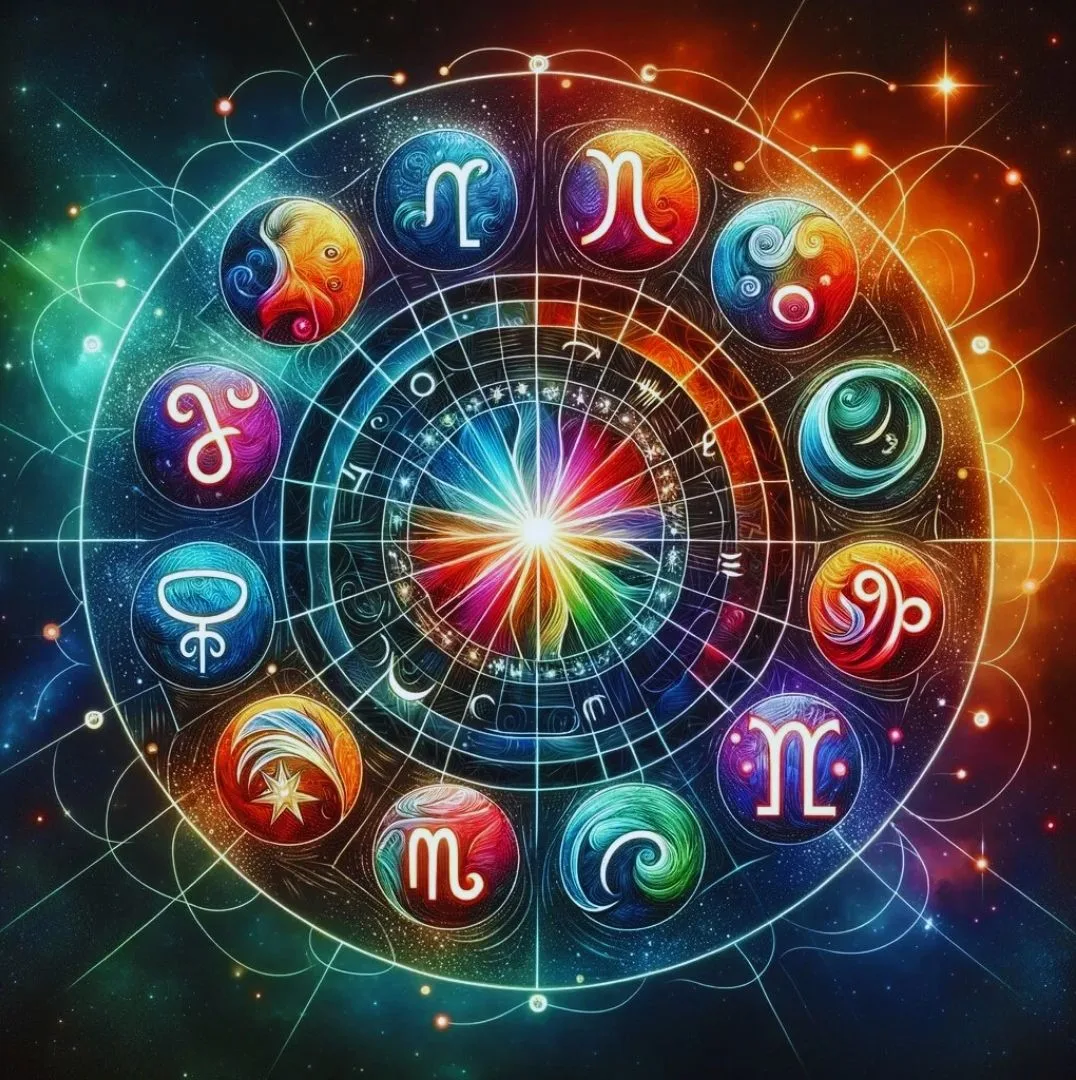
The Future Of Astrology
Though no longer a specialty of scientific study, astrology has undergone a massive revival process in modernity. Astrology is closer than ever with the emergence of social media, online horoscopes and personalized birth charts. The future of astrology seems to be shaped by some of the following trends:- Artificial Intelligence Birth Charts – Such as Co-Star or The Pattern based apps utilize artificial intelligence to generate detailed astrological charts.
- Astrology in Wellness Movements – Astrology has been incorporated by a large number of individuals with meditation, tarot, and mindfulness.
- Increasing interest in Traditional astrology – There is a rise in interest in ancient methods of astrology that lost their way during the fall of astrology in the scientific revolution.

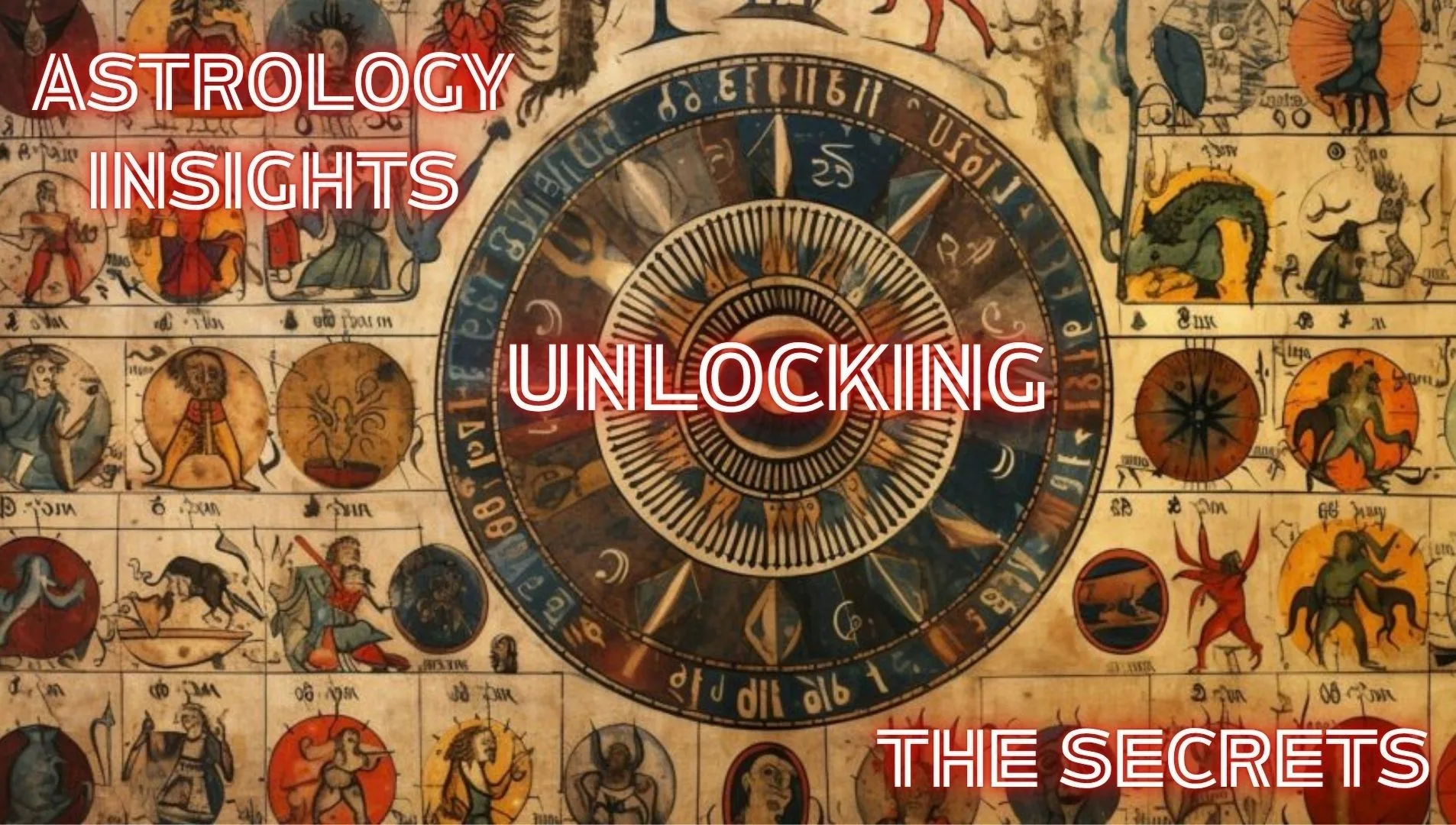




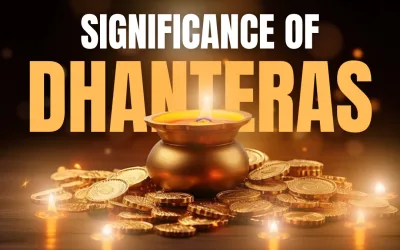
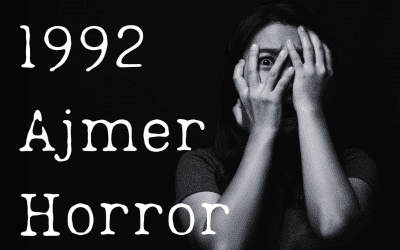
0 Comments